The purpose of this small piece of literature is an attempt to help elevate any concerns that those with a disability (specifically hearing) may have before starting the Bar course. My journey was unusual, certainly compared to the many who say their BPTC examinations before me, as I had only four weeks of face-to-face learning as a result of COVID.
I offer my 4 top pieces of advice.
Meet your disability team
Hopefully, you will have some form of disability support at your university. Meet with them as soon as you can. Explain how you learn. If you understand better with visual aids, explain this, and the team will hopefully attempt to put something together for you. If you struggle with notetaking because you need to lip-read and look at your notepad, I recommend looking up the website otter.ai – this is something a Barrister at Doughty Street Chambers recommended. I cannot tell you how valuable this website was. I purchased a mini-iPad for ease of using otter and I was even able to use my iPhone when I needed to.
If you find you’re not getting the support you need, then keep contacting the disability team and insist they help you. Remember, you are the customer.
Don’t be shy
I was open about my hearing impairment, and I told my classmate how I best communicate telling them where I might struggle. For example, Advocacy classes moved online, making lip-reading difficult. To counteract the problem, I asked my tutor to allow a few extra minutes during cross-examination in case I needed to ask for my witness to repeat their answer. My classmates playing said witnesses knew from the beginning they’d need to be a little patient with me.
The other benefit to being open was that I had confidence; I wasn’t worrying about what others thought. Because I could focus on my performance instead of my ears, I didn’t need the extra time – and so my performance was good, I received positive feedback (as well the bad of course) and I felt very confident in my Advocacy assessments too.
Get out of the comfort zone
So many events were forced online, such as classes, Qualifying Sessions and Societies. Like so many will tell you, being online was overwhelming. But I pushed myself through it and made myself noticed. Through classes, I’ve made some good friends, and even now, after the BPC has finished, we still keep in touch. Qualifying Sessions were daunting, and one session was an Advocacy masterclass which I struggled with, as there was so much happening at once. The volunteering barristers really helpfully offered a private 1-1 session. By getting involved with societies as much as I can, I’ve made some friends that way, and even though it has all been virtual, we’ve had some good laughs and tears. We have become a small community cheering one another on. I hope I’ll meet them all one day soon and we can have a proper celebration without being reduced to the size of a postage stamp on a screen.
Enjoy it
Although not advice it is a friendly comment to say that you must try and enjoy the course as much as possible. It was 20 weeks of intensive study, with barely time to rest. More so for me, as I had to do extra to keep on top of my workload. Despite the demands, I made sure I enjoyed the entire experience. Together my classmates and I made the lessons fun. We had the odd clowning around, which even the tutors appreciated as it took the edge off online learning. Socials were held online, either quiz nights or even watching a film together (note: pressing ‘play’ at the right time is more challenging than you might expect), and there was even a cocktail masterclass. So, don’t let your disability be a barrier to your learning or from your experience.
Overall, online learning was not as bad as I expected, if anything it has made me a far more resilient and adaptable, which will serve me well in my future. I have met some fantastic people, had some stomach-ache resulting laughs and we have all supported one another before, during and post examinations. Together we’ve become a small legal family.
The above is based on my personal experience in 2020-21 during COVID. You are welcome to reach out to me if you have any questions.
Adam Kingaby-Daly
